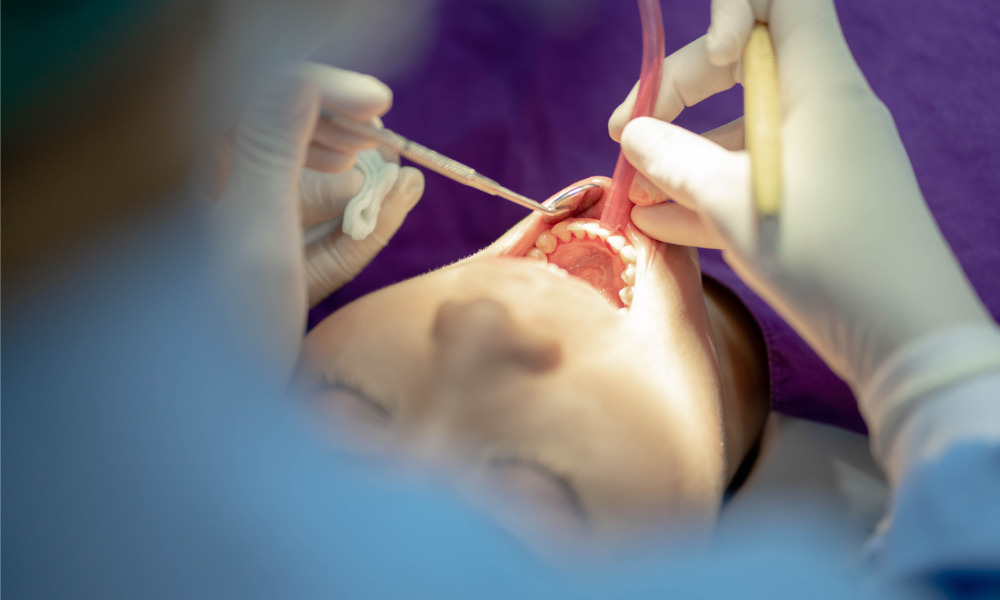The amendments would introduce a new claim that was time-barred: court

In a malpractice action concerning treatment given over a decade ago, the Ontario Court of Appeal upheld the denial of a request to amend a claim against an oral surgeon.
In McFadden v. Psutka, 2024 ONCA 203, Susan McFadden sought to amend her claim to introduce a new theory of negligence based on an expert report obtained in December 2021. The report contended that a surgery performed by the oral surgeon, Dr. David Psutka in 2015, premised on removing a synthetic implant placed by a different surgeon in 1988, was unnecessary as the implant surgery had never occurred.
The motion to amend the claim, which sought to fundamentally alter the nature of the case against Dr. Psutka, was initially denied by a motion judge. The judge ruled that the proposed amendments introduced new claims barred by the statute of limitations, resulting in prejudice against Dr. Psutka that costs or an adjournment could not compensate.
This litigation, initiated over the treatment and surgeries performed from 2013 onwards, has been ongoing for more than five years, concerning treatment rendered more than a decade prior. The motion judge highlighted the appellants' failure to meet deadlines and adhere to court directions regarding expert witness reports as significant factors in the decision to deny the amendment. The judge emphasized that the court had made multiple attempts to advance the litigation to trial.
The Court of Appeal upheld the motion judge’s decision, agreeing that the amendments would introduce a new claim that was time-barred by the Limitations Act. The court also concurred that permitting such amendments would cause irreparable prejudice to Dr. Psutka, notably because it would impede his ability to seek contribution and indemnity from other medical practitioners potentially implicated by the new theory of liability.
The appellants argued that the amendments were merely particularizing claims already advanced and were based on facts unearthed by the new expert report. However, the appeal court found no error in the motion judge's determination that the proposed amendments constituted a distinct cause of action and that the late introduction of this new claim would prejudice Dr. Psutka.










